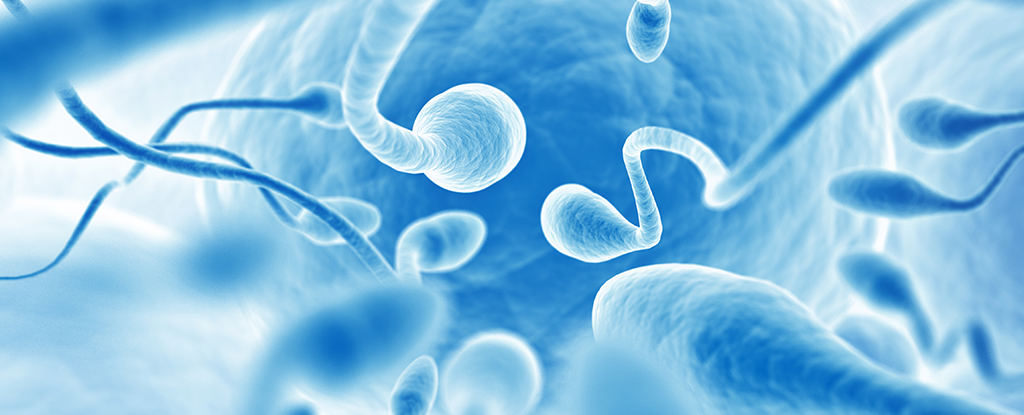Any future efforts humanity wants to make to populate the Universe outside our home planet may have a pretty significant hurdle to overcome: microgravity appears to confuse sperm about which direction they should be heading in.
A team led by researchers from the Technical University of Catalonia and Dexeus University Hospital in Spain collected 15 human sperm samples, splitting each sample in two: one-half of each sample stayed on Earth, whereas the other half was subjected to microgravity conditions through parabolic flights.
The sperm samples that took to the air and experienced gravity shifts showed significant decreases in motility (movement) and vitality (the number of live sperm). Microgravity didn’t kill off the sperm, but it did cause some serious health issues.
“Even though it did not result in a total loss, heavy gravity load changes including microgravity cause a significant decrease in sperm vitality and motility, suggesting that negative consequences would be even higher if the exposure were longer,” write the researchers in their published paper.
The curvilinear velocity of the sperm – how quickly they move towards their goal – was particularly affected, suggesting that the chances of a sperm fertilizing an egg are going to be noticeably lower in space compared to on Earth.
It wasn’t all bad news, though: certain aspects of sperm health, including DNA fragmentation, sperm shape, oxidative stress, and apoptosis (programmed cell death) didn’t seem to be impacted by the sperm’s exposure to microgravity conditions.
While it’s early days for this kind of research, it raises questions about reproduction in space: not just in the time-honored, traditional way, but also assisted reproduction techniques – such as in vitro fertilization (IVF) – that might be needed if we establish bases on the Moon or on Mars.
One of the questions that still needs answering is why microgravity has this effect on sperm, though the researchers think some kind of shift in the chemical processes needed to keep sperm healthy may be going on.
“More studies [are] needed before assisted reproduction techniques can be considered for the likelihood of human reproduction in space,” write the researchers.
If we’ve got serious plans to establish long-term communities off Earth, then reproduction is going to be a big part of that. Understandably, sex hasn’t so far been a top priority for astronauts leaving orbit, which leaves scientists mostly in the dark about its viability.
While animal studies have already hinted that conception might be tricky in microgravity, the team behind this work is keen to see more experiments carried out with human sperm – so we can learn more about how space life impacts our most basic biology.
“With the upcoming plans for extended space missions and growing interest in space tourism, the topic of possible likelihood of human conception under microgravity conditions has become even more relevant,” write the researchers.
The research has been published in Acta Astronautica.





